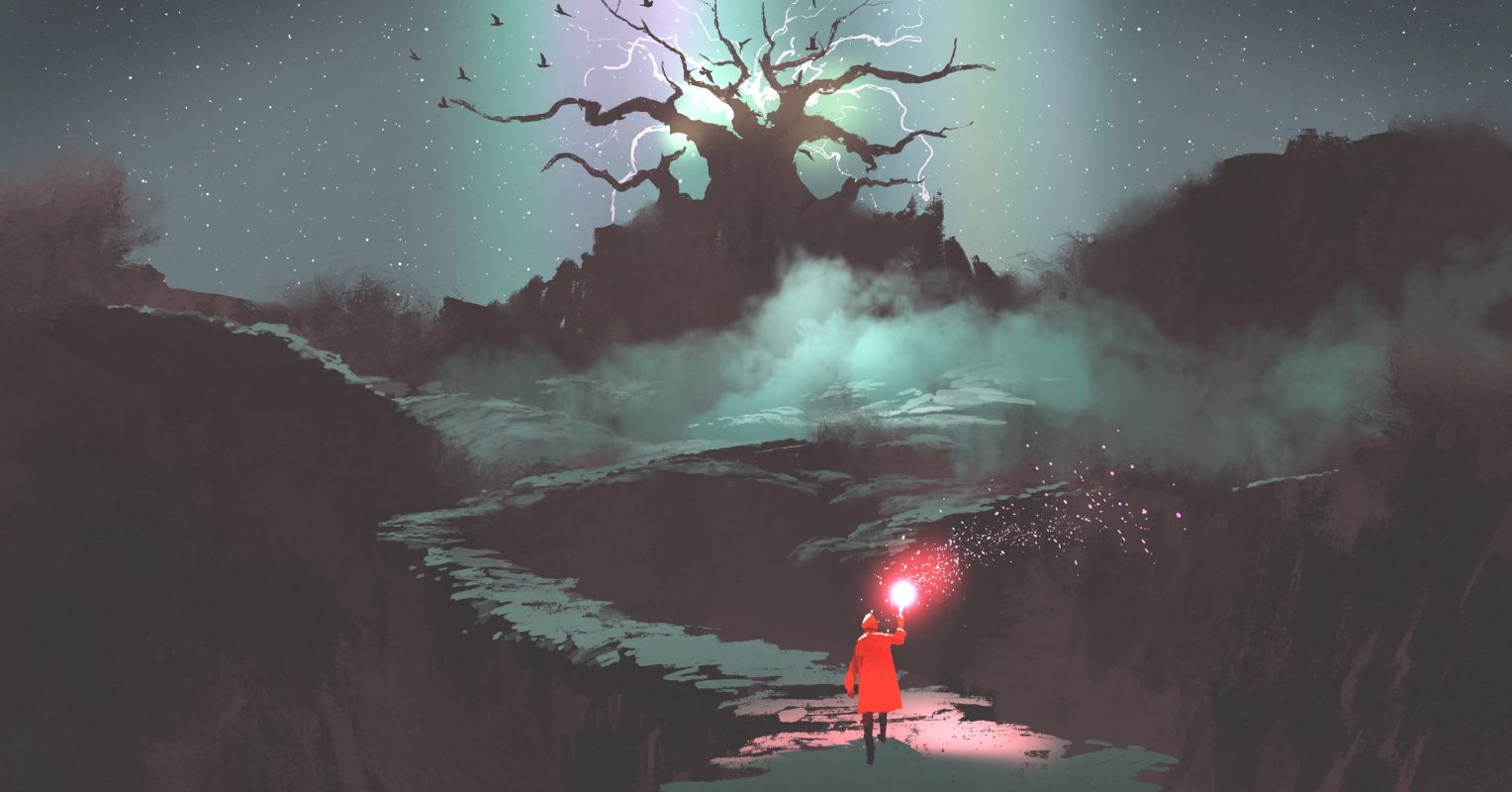
"But when you and I arrive, no village gathers around us. Instead, we're received by two tired souls: loving, yes, but stretched thin navigating the maze of modern life. These two carry us into a home of small rooms, tuck us gently into our crib, and, with hearts full of care but hands too full with tasks, step away. Then, the door swings shut behind them."
"And what we want more than anything is for the quiet to leave and our people to return. But how? That's when consumer culture struts in, like a magician taking center stage, announcing, Not to worry. I know just the trick. With a dramatic wave, it conjures a door from thin air: Step through here, and you'll find your people on the other side. And that quiet? It won't stand a chance."
Humans evolved in villages where infants were met by many caregivers and consistent communal presence. Modern nuclear-family homes often leave newborns with only two exhausted caregivers, creating prolonged quiet and isolation. Consumer culture fills that void by offering products and experiences with promises of connection, using advertising and childhood exposure to lure lifelong seeking through buying and achievement. People become attached to the false promise of possessions yielding closeness, while an inner longing persists for authentic human presence, reciprocal attention, and communal belonging. Restoring direct human contact and shared presence is presented as the true remedy to pervasive loneliness.
Read at Psychology Today
Unable to calculate read time
Collection
[
|
...
]